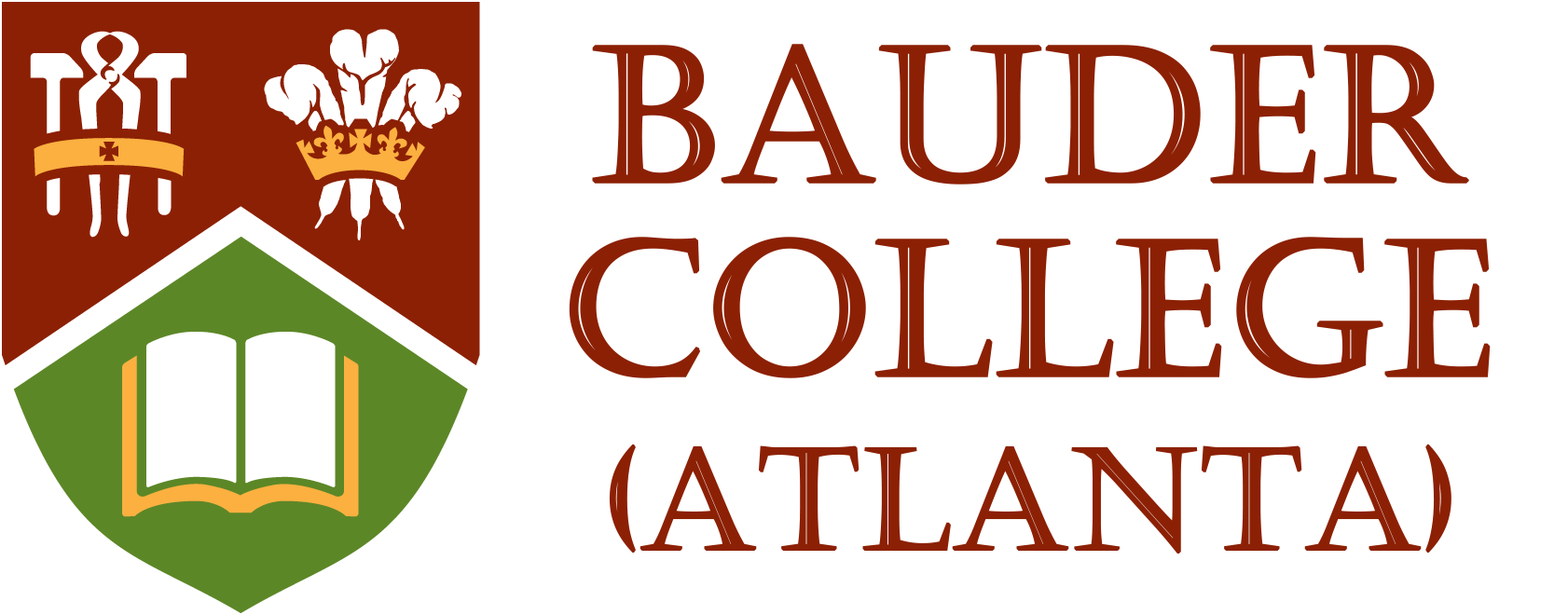Science Calculus
BCA offers a three-course science calculus stream (Math 191, 192, 291). Each of Math 191, 192 and 291 is a 4-credit hour course with 4 lecture hours. Thus, the 3-course calculus stream has a total of 12 credit hours. Students can complete the calculus stream in three terms, which allows students more options in selecting future courses. Please note that the cost of each of these 4-credit hour courses will be 1.33 times the regular course rate, as students receive 1.33 times the regular number of credit hours.
What’s this I hear about an Assessment Test?
All students enrolled in Math 191 are required to take an Assessment test during the first week of classes. The test consists of 40 multiple choice questions which students have 90 minutes to complete. The test will be divided into 5 sections:
- Arithmetic and Algebra
- Analytic Geometry
- Exponential and Logarithmic Functions
- Trigonometric and Inverse Trigonometric Functions
- General Functions
Tutorials in each of these areas will be recommended to students based on their performance in that area. Students who score less than 60% on the test will be required to participate in additional mandatory remedial tutorials in order to remain in the course.
Please visit our Mathematical and Computational Sciences Help Centre for more information about the assessment test. If you have any questions about the Science Calculus stream, please contact the School of Mathematical and Computational Sciences.
What is Calculus all about?
Calculus is the study of change, or to be more precise, changing quantities. Mathematical topics before Calculus, like Arithmetic, Algebra, Geometry and Trigonometry, involve unchanging quantities. In algebra, for example, any unknown quantities are usually fixed real numbers that we wish to solve for.
Functions are the mathematical objects that link quantities (for example: the area of a circle is a function of its radius and the position of a falling object is a function of time), so much of Calculus involves manipulating functions.
The two key areas of Calculus are Differential Calculus (covered in Math 191) and Integral Calculus (covered in Math 191 and Math 192).
In Differential Calculus the basic problem is finding the slope of the tangent line to a curve at a given point on the curve. This seemingly innocuous problem is the core of Differential Calculus, since this slope tells how fast the output variable of the function is changing with respect to the input variable. Solving this problem lets us find the instantaneous rate of change of y=f(x) with respect to x, which is the derivative.
In Integral Calculus, the basic problem is finding the area under a positive function on an interval. This leads to the definition of the definite integral and solving this problem lets us find the accumulation of a quantity over an interval.
To solve either of these problems, the mathematical concept of limit is required.
The big surprise is that these two seemingly unrelated problems are actually connected via the Fundamental Theorem of Calculus.
In Math 191 and Math 192 we consider these concepts in a single variable setting. In Math 291 we consider multiple variables.
In science, one goal is to predict what will happen in the future. (e.g. Will this chemical reaction cause an explosion? Will this population reach a steady state? Will it rain tomorrow? Will our sun keep burning for the next one million years?) To do this we must determine how changes in certain quantities will affect future behaviour of other quantities. This is what Calculus does best, and why it was actually invented (to help study astronomy). Introductory Calculus lays the foundation for understanding all sorts of scientific models.
Why do I have to take Calculus?
The short answer is that you do not have to take Calculus. It’s a free country, and no one is forced to take Calculus. Many people function perfectly well throughout their lives without knowing the slightest bit of Calculus. But if you choose a career path that requires any level of mathematical sophistication (such as Engineering, Economics or any branch of Science), you will need Calculus.
Areas of study that require the most Math:
- Mathematical and Computational Sciences
- Physical Sciences
- Engineering
- Economics and Business
- Biological Sciences
Of course, the amount of Math required also depends on which sub-discipline you choose. For example: Electrical Engineering probably requires the most mathematics of any Engineering discipline, and Civil Engineering probably requires the least. Some areas of Biology (e.g., population dynamics or genetics) require some very advanced mathematics.
The Departments who set the curriculum for programs in these areas have laid out a course of study that includes Calculus. If you are not good at mathematics, or have a negative attitude about mathematics, you might want to reconsider your career options.
Another reason why many BCA programs require Calculus credits is as an early test of a student's academic ability. To succeed in Calculus (and Mathematics in general) you must be able to: solve problems, reason logically and understand abstract concepts. The ability to master these skills is a key indicator of success in future academic endeavors. It is in everyone's best interest to find out as soon as possible if a student is capable of completing the course of study they have embarked on.
For these (and other) reasons Introductory Calculus may be the most important course you take at university.
How can I prepare for the Calculus sequence?
The first thing is to take as much Mathematics as possible in High School. And try to understand the ideas and not just memorize formulas. You will need all of your High School mathematics when you get to university. Knowledge of Algebra, Trigonometry and Analytic Geometry, as well as the basic understanding of functions (including exponential and logarithmic functions) is key for Calculus. Some of this stuff may be reviewed during the first week of class, but you will be responsible for knowing all mathematics in the High School Curriculum.
If you are not confident that your background in Algebra, Trigonometry, Analytic Geometry and Functions is strong, we recommend that you spend some time during the last month before coming to BCA in September, to brush up on your Mathematics. You might want to get a book on High School Mathematics from your local library and review. The BCA Mathematical and Computational Sciences Help Centre’s online resources are excellent sources for reviewing high school math background on algebra, trigonometry, geometry and functions. There are also some other resources available to you:
The Science Atlantic Mathematics Committee has prepared a small booklet called: Preparing for University Calculus.
A site called EMR (Exercises for Mathematical Readiness) at University of Saskatchewan has a review of High School Mathematics Topics that are most useful for Calculus.
Many sites (like Khan Academy) offer online review of precalculus topics.
What can I expect during the course?
The standard first-year Calculus course for Science students varies only slightly throughout America. On the first day of classes a course outline will be distributed with more details concerning the course structure.
You can expect a much faster pace in University courses in general than you are used to from High School. In each of Math 191 and Math 192, there are 13 weeks of classes, with four 50 minute lectures per week in a semester and during this time approximately 36 sections are covered. Your instructor will not have time to go into the details of every aspect of the course material. Their job will be to communicate the main ideas, and you will expected to do enough work on your own time to make sure you understand the details.
It is recommended that you spend at least 2 hours study and review for each hour of class time.
Unlike High School, no one is going to check up on you to see if you are keeping up. In university you will be treated like adults, and it will be assumed that you have the discipline and organizational ability to manage your time wisely.



